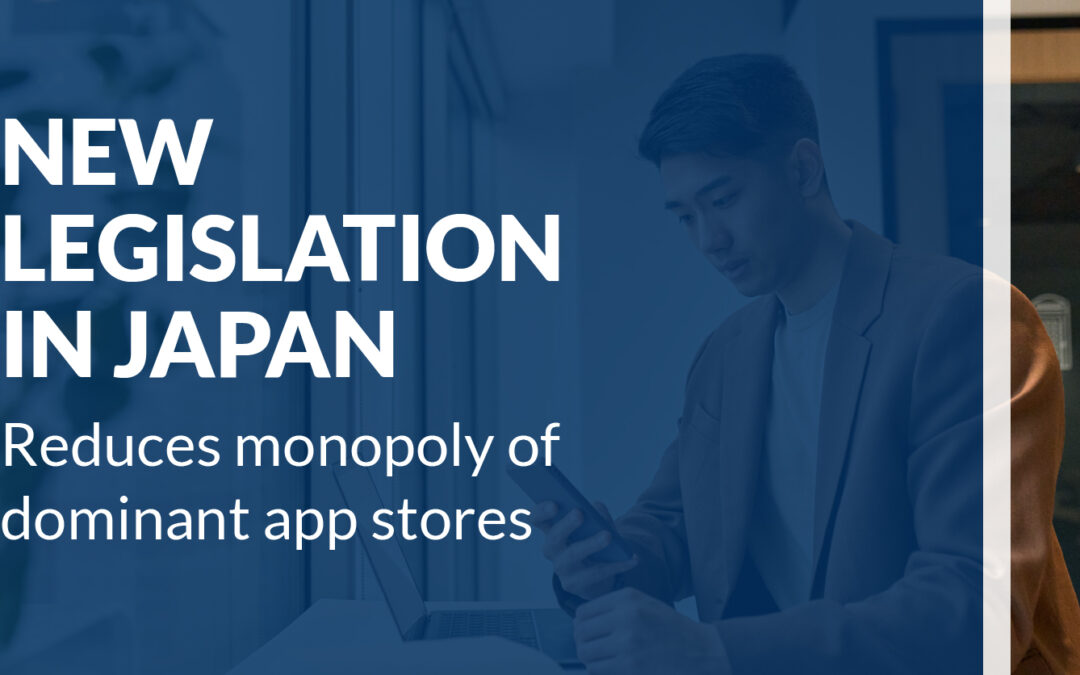Trends in Litigation Against Big Tech
How has antitrust law been built up?
What is it about?
Colombian law prevents trade restraints (Unfair Competition and Antitrust practices). It is a challenge for the institutional framework, enforcement agencies, and courts to effectively develop their missions, because, even with the current resources, some markets remain unexplored or wrongly
understood.
In Colombia
- There have been regulations that referred to antitrust laws since 1959, but it was not until 1990´s that a legal shift in Latin America occurred because of the Washington Consensus. New laws promoting free competition in the markets were created due to the liberalization of economic policies and internationalization of the economy. After that, the 2153 Decree of 19192, modified this structure and retains the general prohibition as a residual tule to be applied when the conducts under investigations are not expressly prohibited.
- Law 1340 of 2009: established the Superintendencia de Comercio (SIC) as the national competition authority, with the power to hear exclusively administrative investigations for restrictive practices of competition and unfair administrative competition in all sectors of the economy.
- Such laws have been object of multiple changes.
Worldwide
Competition Law was founded in the US more than a century ago and has been developed there and in the European Union actively, especially during the last 50 years. Latin-American countries have only seen a recent development, with the exemption of some major economies that already had laws and agencies in place.
Impact of digital platforms on unfair competition
Every day the BIGTECHS find themselves under the magnifying glass of competition authorities. Various sanctions against companies are appearing all around the world for allegedly abusing their dominant position in digital markets to exclude competitors.
The fact that authorities are now shifting their attention to digital markets responds to new market needs: to the new way the world works in a digital context.

Relevant Discussions Related to Big Tech and Antitrust
Bigtech has faced several investigations concerning Antitrust, such as:
a) A giant based on internet search engines was investigated for exclusivity agreements, that allow pre-installation of software in some of the most sold mobile devices.
b) The world’s largest social media, intervened in a lawsuit by the Federal Trade Commission and 48 U.S. states, for illegal monopolization of the personal social network market, because of the acquisitions of two communication network sites.
c) Also, one of the most recognized companies of computers, smartphones and software have also been sued for anti-competitive activities related to the payment services.
d) An American multinational technology company which focuses on e-commerce, is able access to the personal data of its customers in its Marketplace, and then use it to balance the company’s own retail arm’s offerings and strategic decisions.
e) A New York-led coalition of prosecutors, also takes aim at the most famous social network dealings, in saying the damage that has done to competition has prevented rival services that would protect people’s privacy from thriving.
f) A group of prosecutors from thirty-eight states, led by Colorado and Nebraska, says an internet search engine, directs users to its own offerings and away from specialty search providers.
Prosecutors are seeking to have this case merged with the Justice Department’s case, which would link their fate.
Emerging new needs
Limit all possible monopolistic practices and monitor data processing. The discussion seeks greater regulation but also to reach collaborative scenarios.
Another goal, too, is to achieve strategic alliances that respond to the era of collaboration, where distribution agreements are sought.
What is the approach of antitrust laws in these markets?
The antitrust authorities have pursued anticompetitive behavior and seek to prevent business operations that produce excessive market concentrations. What the authorities have mainly done is to open investigations for possible anticompetitive practices and prepared studies on digitized sectors such as finance, mobility or leasing.
What legal actions can take a victim of antitrust practices in Colombia?
– Complaint before the SIC.
– Criminal notices in some cases.
– Unfair competition lawsuit.
– Civil liability action.
– Class action.
– Popular action.
Some general takeaways
- If you are a tech giant, be aware of current worldwide trends as interconnection between authorities end up with similar investigations everywhere.
- Make sure you put a Compliance program in place.
- Leverage data properly and ask your attorneys whether you can use it as you wish, having in mind that you exclude competitors and others from using it.
- If your competitor is limiting access improperly to some tools or information, that behavior may be illegal from an antitrust perspective (analyze it with your team of external attorneys).
- Use alternative actions: don’t fall into the usual complaint before administrative bodies, allowing someone else to investigate, review or analyze
what is indeed harming you. You can take control of the litigation.







